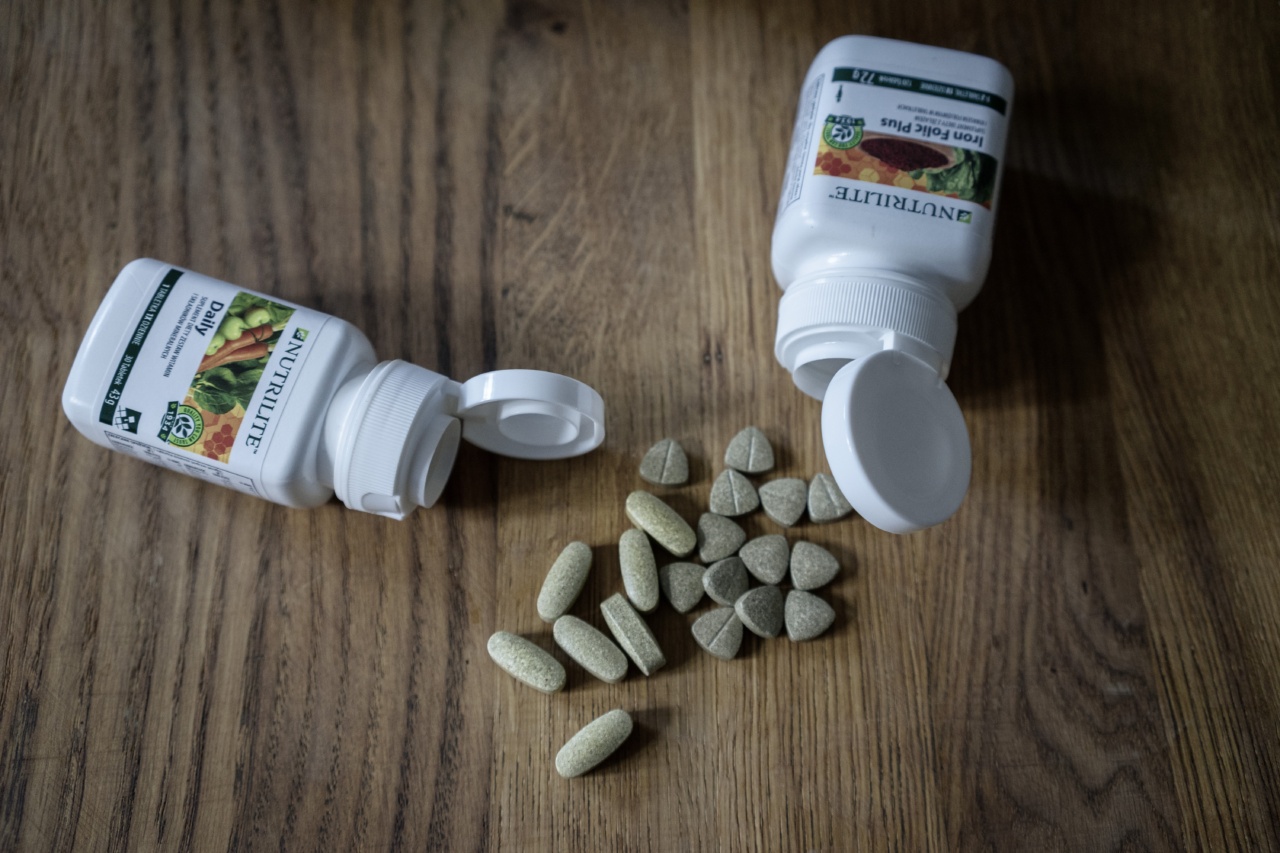Stroke is one of the leading causes of death and disability worldwide. In fact, every two seconds, someone in the world suffers a stroke. Fortunately, medical science has been working towards better solutions to prevent and treat strokes.
Recent research has led to the development of a potentially game-changing pill designed to prevent strokes. This pill offers hope for a solution to this catastrophic condition, and it’s already showing promise in clinical trials.
The Problem with Strokes
Strokes occur when part of the brain loses its blood supply. This can happen when a blood clot forms in a blood vessel or when a blood vessel ruptures and spills blood into the brain. When the brain is deprived of blood, brain cells quickly begin to die.
The result is a sudden interruption in the brain’s function, sometimes leading to paralysis, speech problems, or even death.
There are two main types of strokes: ischemic and hemorrhagic. Ischemic strokes happen when a blood clot blocks a blood vessel in the brain. Hemorrhagic strokes happen when a blood vessel in the brain ruptures and leaks blood.
Researchers have long been trying to find ways to prevent strokes from occurring. This has included identifying risk factors such as smoking, hypertension, high cholesterol, and diabetes.
However, even with risk factors identified, preventing strokes has been challenging.
Enter the Stroke Prevention Pill
A new pill is currently being developed that aims to prevent strokes in people who are at high risk of having a stroke. The pill is called a PCSK9 inhibitor. This type of medication works by reducing the amount of LDL cholesterol in the bloodstream.
LDL cholesterol is often called “bad” cholesterol because it is associated with an increased risk of heart disease and stroke.
Studies have shown that people who have high levels of LDL cholesterol are at increased risk of having a stroke. By lowering the amount of LDL cholesterol in the bloodstream, the PCSK9 inhibitor pill helps reduce the risk of stroke.
PCSK9 inhibitors are not a new type of medication. They have been around for some time and are currently used to lower LDL cholesterol in people who are at high risk of cardiovascular disease. However, their use in stroke prevention is relatively new.
Clinical Trials Show Promise
The PCSK9 inhibitor pill is still in clinical trials, but the results so far have been promising. In a recent study, researchers gave the pill to a group of people who had previously suffered a stroke or mini-stroke.
The participants were followed for two years, and the results were compared to a group of people who did not receive the pill.
The study found that the people who took the PCSK9 inhibitor pill had a significantly lower risk of having another stroke or heart attack than the group that did not receive the pill.
The study also found that the people who took the pill had fewer hospitalizations, fewer emergency room visits, and fewer deaths than the group that did not receive the pill.
What Makes the PCSK9 Inhibitor Pill So Amazing?
There are several reasons why the PCSK9 inhibitor pill is so amazing. Firstly, it offers hope for people who are at high risk of stroke. Stroke can be a devastating condition, often leading to disability or death.
The PCSK9 inhibitor pill has the potential to prevent strokes in people who are at high risk, offering them a chance at a healthier life.
Secondly, the PCSK9 inhibitor pill works differently than other medications currently used to prevent strokes. The pill targets LDL cholesterol directly, which is a significant risk factor for stroke.
By reducing LDL cholesterol, the pill helps reduce the risk of stroke, something which other medications do not do as effectively.
Lastly, the PCSK9 inhibitor pill is well-tolerated by patients. In clinical trials, side effects have been minimal, and there have been no reports of significant adverse events.
Who Could Benefit from the PCSK9 Inhibitor Pill?
The PCSK9 inhibitor pill is designed for people who are at high risk of stroke.
This includes people who have previously suffered a stroke or mini-stroke, people who have high levels of LDL cholesterol, and people who have other risk factors for stroke such as high blood pressure and diabetes.
People who have a family history of stroke or who smoke may also benefit from the PCSK9 inhibitor pill. However, it is important to note that the pill is not suitable for everyone.
People who are currently taking certain medications or who have certain medical conditions may not be able to take the PCSK9 inhibitor pill.
Conclusion
The PCSK9 inhibitor pill offers hope for a better future for stroke prevention. The pill has shown significant promise in clinical trials and could be a game-changer in the fight against stroke.
With its ability to target LDL cholesterol directly and its minimal side effects, the PCSK9 inhibitor pill could help prevent strokes in people who are at high risk of having a stroke.





























